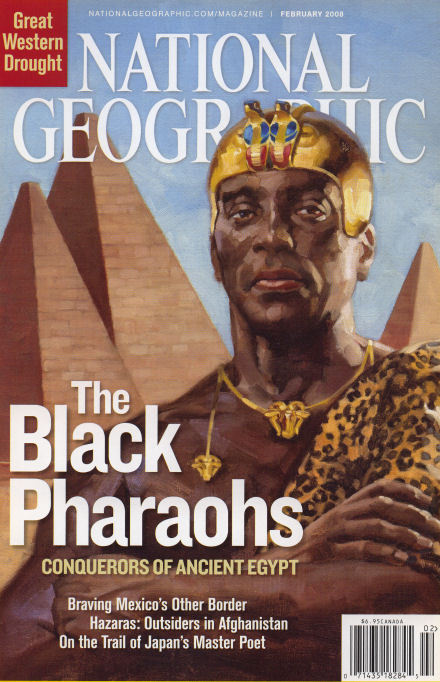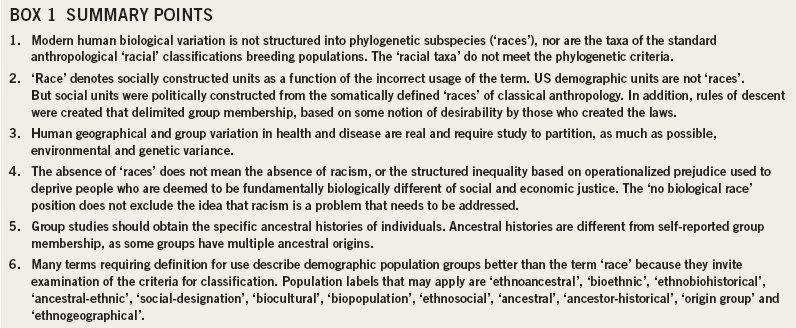They would say the exact same thing
No actually they can't. The evidence that supports the ancient Egyptians being of ancient Saharan/Sub Saharan origin is supported by consistent biological research, linguistics, archaeology and cultural similarities and all of this evidence comes together to form one narrative which is why within the last 5 years academia has been coming to grips with this fact (check Keita's lectures at Cambridge and Manchester):
Using primarily linguistic evidence, and taking into account recent archaeology at sites such as Hierakonpolis/Nekhen, as well as the symbolic meaning of objects such as sceptres and headrests in Ancient Egyptian and contemporary African cultures, this paper traces the geographical location and movements of early peoples in and around the Nile Valley. It is possible from this overview of the data to conclude that the limited conceptual vocabulary shared by the ancestors of contemporary Chadic-speakers (therefore also contemporary Cushitic-speakers), contemporary Nilotic-speakers and Ancient Egyptian-speakers suggests that the earliest speakers of the Egyptian language could be located to the south of Upper Egypt or, earlier, in the Sahara. The marked grammatical and lexicographic affinities of Ancient Egyptian with Chadic are well-known, and consistent Nilotic cultural, religious and political patterns are detectable in the formation of the first Egyptian kingships. The question these data raise is the articulation between the languages and the cultural patterns of this pool of ancient African societies from which emerged Predynastic Egypt.
"It is possible from this overview of the data to conclude that the limited conceptual vocabulary shared by the ancestors of contemporary Chadic-speakers (therefore also contemporary Cushitic-speakers), contemporary Nilotic-speakers and Ancient Egyptian-speakers suggests that the earliest speakers of the Egyptian language could be located to the south of Upper Egypt (Diakonoff 1998) or, earlier, in the Sahara (Wendorf 2004), where Takács (1999, 47) suggests their ‘long co-existence’ can be found. In addition, it is consistent with this view to suggest that the northern border of their homeland was further than the Wadi Howar proposed by Blench (1999, 2001), which is actually its southern border. Neither Chadics nor Cushitics existed at this time, but their ancestors lived in a homeland further north than the peripheral countries that they inhabited thereafter, to the south-west, in a Niger-Congo environment, and to the south-east, in a Nilo-Saharan environment, where they interacted and innovated in terms of language. From this perspective, the Upper Egyptian cultures were an ancient North East African ‘periphery at the crossroads’, as suggested by Dahl and Hjort-af-Ornas of the Beja (Dahl and Hjort-af-Ornas 2006).
The most likely scenario could be this: some of these Saharo-Nubian populations spread southwards to Wadi Howar, Ennedi and Darfur; some stayed in the actual oases where they joined the inhabitants; and others moved towards the Nile, directed by two geographic obstacles, the western Great Sand Sea and the southern Rock Belt. Their slow perambulations led them from the area of Sprinkle Mountain (Gebel Uweinat) to the east – Bir Sahara, Nabta Playa, Gebel Ramlah, and Nekhen/Hierakonpolis (Upper Egypt), and to the north-east by way of Dakhla Oasis to Abydos (Middle Egypt)."--Anselin (2009)
--Dr. Alain Anselin (University of Antilles-Guyane) Some notes about an early African pool of cultures from which emerged Egyptian civilization.
In: Egypt in its African Context. 2009. Proceedings of the conference held at the Manchester Museum, University of Manchester, ENgland. Karen Exell (ed). BAR International Series 2204 2011 Archaeopress Publishers of British Archaeological Reports
Their argument on the other hand doesn't even know where to start a narrative. Their argument instead seems to be more focused on derailing what they consider "Afrocentrism".
and how does the average person who doesn't really care that much know who to believe?
Believe me when I tell you that watching a debate between the two sides it's obvious who has the more credible argument.

 )
)





